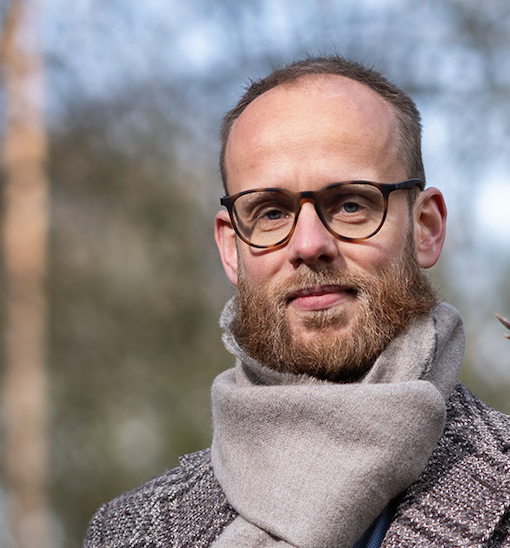ISSUE #98 – REAL FAKE
January 24, 2023
Britney Spears Is Dead
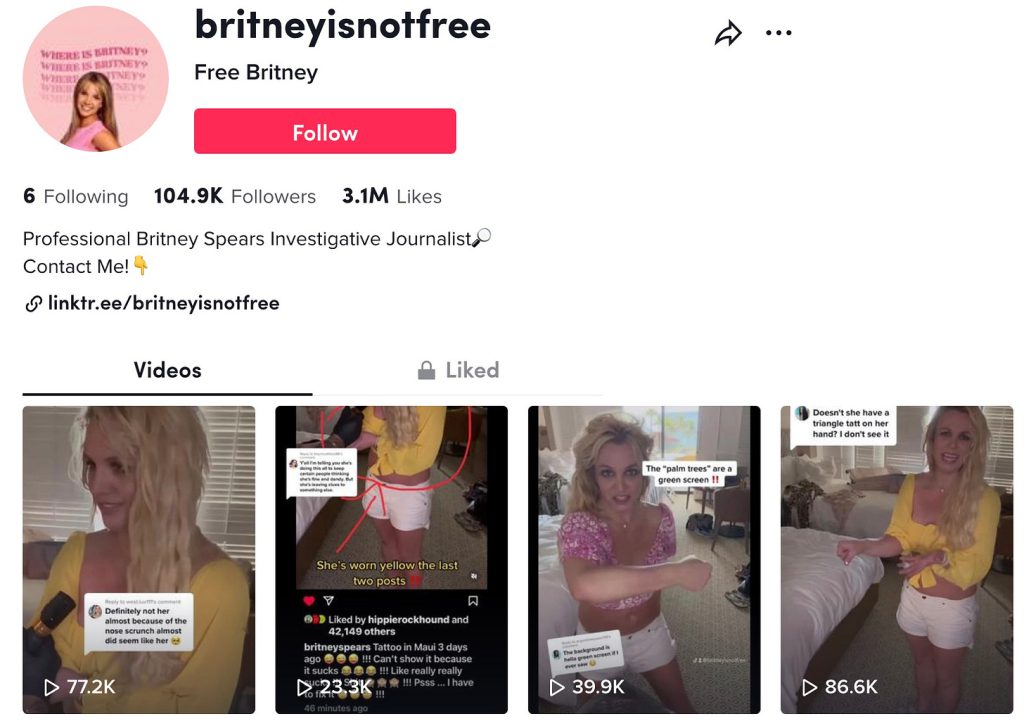
Follow the TikTok @britneyisnotfree-account. Apparently Britney Spears is dead. It’s one of the latest conspiracy theories that is being spread on TikTok. And nobody is there to shut this shit down.
Deep Fake Neighbour Wars

“Is that Harry Kane and Stormzy arguing over a broken patio tile? This new, CGI-assisted comedy is astonishing to watch – but is it ethically OK?”
I’m afraid this is only the beginning. Give it another year and everybody can create these kind of movies on his of her smartphone.
China, a Pioneer in Regulating Algorithms, Turns Its Focus to Deepfakes
“The new regulations, among other things, prohibit the use of AI-generated content for spreading “fake news,” or information deemed disruptive to the economy or national security—broadly defined categories that give authorities wide latitude to interpret. They also require providers of deep synthesis technologies, including companies, research organizations and individuals, to prominently label images, videos and text as synthetically generated or edited when they could be misconstrued as real.”
Beijing’s rules will give other governments a perfect case study of how such rules will work in the real world, as well as how they will affect existing and new businesses.
Jan. 6 Committee Experiment Found TikTok Went From Zero To Nazi in 75 Minutes
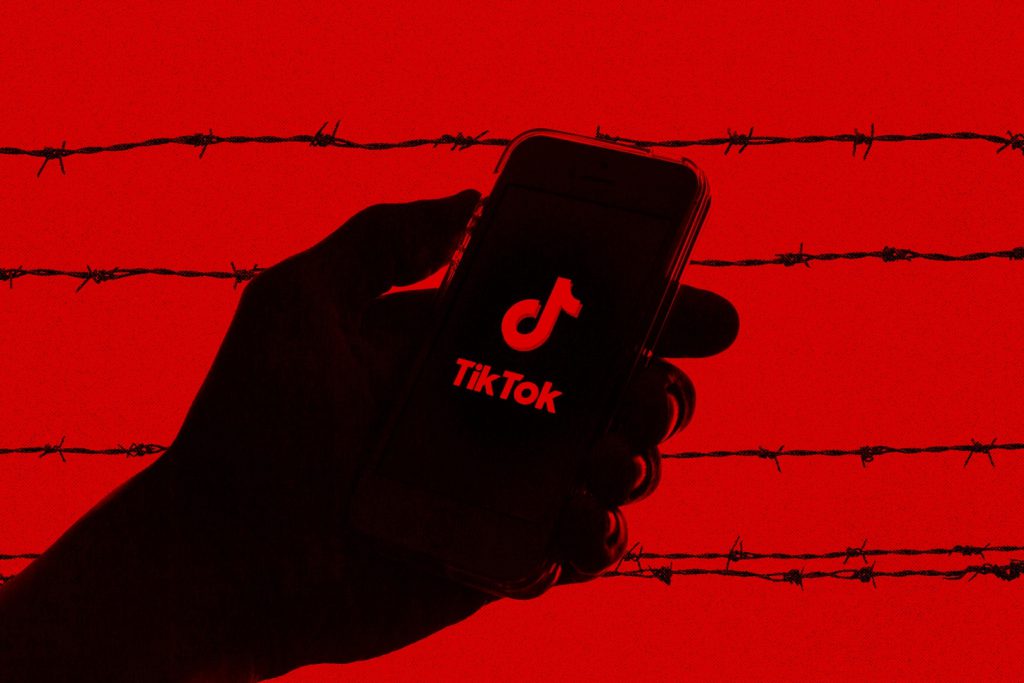
How many TikTok swipes does it take to come across Nazi propaganda? Not as many as you think.
Is TikTok Changing The Way Pop Stars Perform?
Tobias Rylander, who designed the 1975’s tour, says he’s always trying to put together “a show that reads well on social media”. Over his time working with the band over the past decade, he says, his designs have become increasingly “Instagram-ready” – the band’s previous tour, for example, featured vertical screens, “so people could actually hold their phone the way they wanted to and take pretty pictures.” Rylander even says that he tries to design shows “so that any fans googling or YouTubing the show will be able to tell, by the colour of the thumbnail, what year it was and what song it was”.
TikTok’s Addictive Anti-Aesthetic Has Already Conquered Culture

- The TikTok aesthetic is an anti-aesthetic.
- TikTok’s non-aesthetic promotes a perceived informality.
- On TikTok, you don’t follow people, you follow an algorithm. Or, rather, the algorithm follows you.
- TikTok’s megastars get the spotlight, but it’s the randos who feed the addiction.
- TikTok prizes performance.
- TikTok prizes repetition.
- TikTok is an ouroboros of looking.
- TikTok is real life.
To TikTok, we submit our gaze. And through the filter of the algorithm we find it projected back at us — broken down and commodified into bite-size morsels that might feel like the intimate dispatches of a thousand individuals but, in the end, are simply the output of an opaque, all-knowing machine.
This Virtual Twitch Streamer is Controlled Entirely By AI
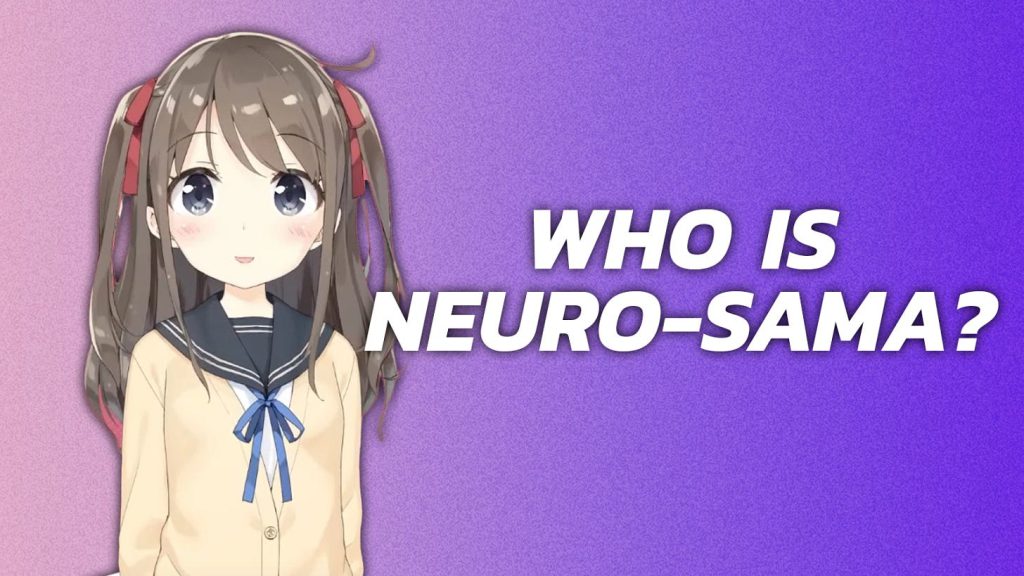
“Every day between 6 to 11 pm GMT, Neuro-sama streams herself playing Minecraft and osu, a musical rhythm game. Like many V-tubers, or virtual YouTubers, Neuro-sama appears as a Japanese anime-style character who interacts with her over 50,000 followers by responding to their comments in the chat. But there’s one thing that separates Neuro-sama from her peers: she is controlled entirely by AI.”
From Bowling Alone to Posting Alone
“Robert Putnam’s Bowling Alone chronicled the growing loneliness and isolation of wealthy societies. Twenty years later, the problem is far worse than he could have imagined.”
TikTok’s True Crime Community
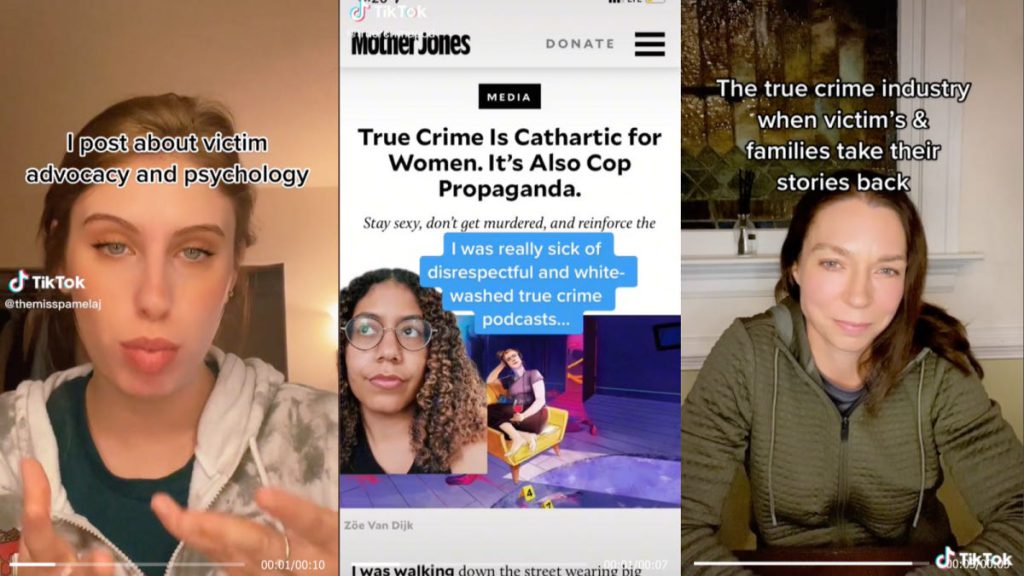
“Thanks to social media in the 21st century, audience involvement has become the norm. We’re seeing a shift from true crime that is produced by Hollywood to user-generated true crime content.”
Contact
Real Fake is a weekly newsletter in which SogetiLabs’s Research Institute VINT examines the future where synthetic reality becomes part or our objective reality. We investigate the impact of new technology on people, organisations and our society. If you have any questions or comments, do not hesitate to contact us. You can reach us at vint@sogeti.com.

 English | EN
English | EN 